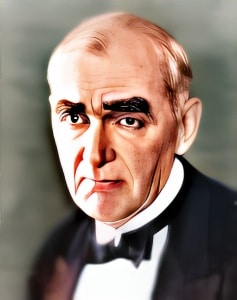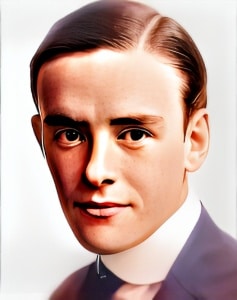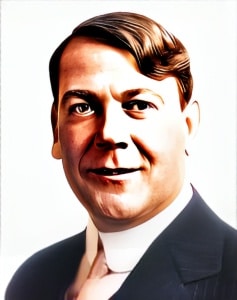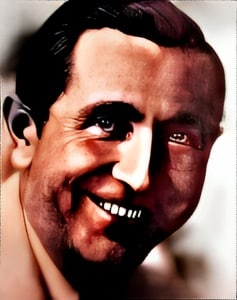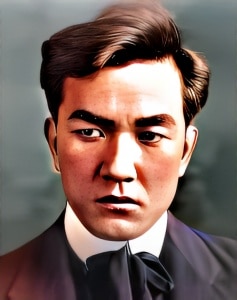 Sessue Hayakawa, born on June 10, 1889, in Chiba, Japan, was a pioneering actor whose career in early cinema helped break racial barriers and challenged stereotypes.
Sessue Hayakawa, born on June 10, 1889, in Chiba, Japan, was a pioneering actor whose career in early cinema helped break racial barriers and challenged stereotypes.
With his striking presence and exceptional acting talent, Hayakawa made a significant impact on both American and international cinema during the silent film era.
Sessue Hayakawa came from a prestigious samurai family in Japan, but he chose a different path. He left Japan to study economics at the University of Chicago. However, his passion for theater led him to the Art Institute of Chicago, where he began studying acting. This decision marked the beginning of his journey into the world of entertainment.
Hayakawa’s acting career started in the theater, and he later joined the Japanese Imperial Theatre. However, his desire to make it in American cinema drew him to Hollywood. In the early 1910s, he began appearing in silent films, quickly gaining recognition for his talent and charismatic screen presence.
One of Hayakawa’s breakthrough roles came in 1915 when he played the lead in “ The Cheat,” directed by Cecil B. DeMille. This film was a critical and commercial success, establishing Hayakawa as a notable figure in American cinema. His performance was compelling and garnered widespread acclaim.
Hayakawa often played complex and nuanced characters, which was a departure from the stereotypes typically assigned to Asian actors in Hollywood at the time. His ability to convey a wide range of emotions and portray morally ambiguous characters made him a sought-after leading man.
Sessue Hayakawa’s popularity extended beyond American borders. He became an international star, especially in Europe and Asia. His films found success in countries around the world, making him one of the first global film stars.
Despite his success, Hayakawa faced the challenges of racial discrimination and stereotyping in Hollywood. While he often played romantic leads, he was still subject to the limitations placed on actors of Asian descent during that era. Hayakawa’s ability to transcend these stereotypes was a testament to his acting prowess.
Hayakawa’s career spanned several decades, and he continued to act in films during the transition to sound. He also made a successful return to the stage, demonstrating his versatility as a performer.
Sessue Hayakawa’s legacy in early cinema is multifaceted. He not only challenged racial stereotypes but also paved the way for future Asian actors in Hollywood. His contributions to film are celebrated for their artistry and cultural significance.
Sessue Hayakawa was a groundbreaking actor who defied stereotypes and made a lasting impact on the early film industry. His performances were marked by depth and complexity, and his influence extended far beyond the boundaries of Hollywood. Sessue Hayakawa’s legacy as a pioneering actor and international star continues to be celebrated in the history of cinema.
Loading live eBay listings...

